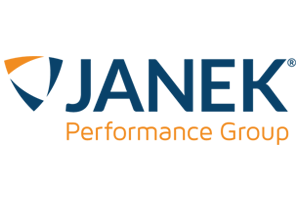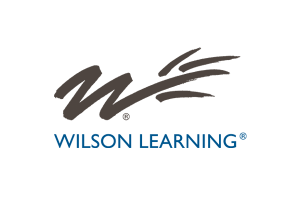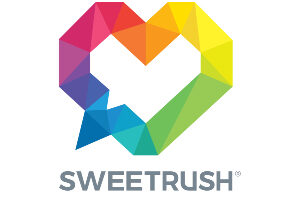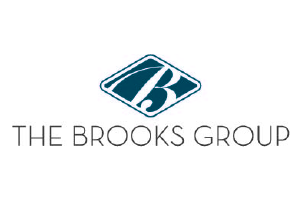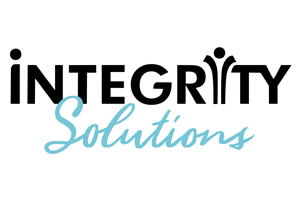Research says 84% of the companies investing more in their customer support experience an uptick in their revenue.Yet, most SaaS companies underestimate the value effective customer support training can bring. A well-trained customer support team can build a powerful engine for effective SaaS churn management. After all, these front-line experts resolve issues, guide users and ultimately enhance customer experience. The customer support team is the force that ensures consistent revenue through customer retention.
Hence, overlooking customer support can lead to frustrated customers, burned out teams and missed growth opportunities. It negatively impacts revenue. Therefore, it becomes necessary to cultivate a customer support team that consistently delivers exceptional service driven toward retention. This requires more than technical training; it demands a strategic, human-centered approach to development. Before getting to the “how,” let’s see how effective customer support training can impact retention.
How Customer Support Training Boosts Customer Retention
Comprehensive customer support training can equip your team with the knowledge, skills and tools they need to excel in their roles.
Here’s how providing them with adequate training can retain customers:
- Reduces the need for escalation: A well-trained support team can handle more complex issues independently. This reduces escalations, ensures timely resolution to customer queries, and positively impacts customer satisfaction scores.
- Offers innovative troubleshooting methods: Customer support training can provide your team with a robust troubleshooting toolkit. They can adopt proven problem-solving methods to diagnose and resolve issues efficiently.
- Build a team of product pros: In-depth product knowledge can translate to exceptional support. Product training for customer support teams can help them easily navigate intricate features and troubleshoot challenges.
- Makes way for contextual upselling/cross-selling: A well-trained rep can identify opportunities for upselling and cross-selling by analyzing customer usage patterns, challenges and needs.
Accordingly, they can propose to cross-sell or upsell the product that genuinely benefits the customer. This proactive approach feels more helpful than a generic sales pitch, fostering trust, and increasing retention rates.
Now let’s get to the customer support training best practices.
Tip No.1: Make Product Knowledge Your Superpower
Your SaaS customer support team should not just answer questions; they must build trust with every interaction. For this, thorough product knowledge is central.
Here are a few product knowledge training best practices.
- Go beyond the product manual: Create an organized, searchable, contextualized knowledge base. Then, link support tickets to relevant articles, highlight updates, and encourage team collaboration for continuous improvement.
- Run real-life scenarios: Create realistic scenarios that mimic common (and uncommon!) customer issues. Let your team troubleshoot these issues in real time. This will encourage internal discussion and peer-to-peer learning.
- Step inside customer’s shoes: Have support reps become power users for a day. Assign them tasks based on typical user journeys within your product. What pain points do they encounter? Where does the documentation fall short? This builds empathy and illuminates areas where knowledge transfer needs strengthening.
Tip No.2: Cultivate Emotional Intelligence With a Focus on Empathy
Tech problems can frustrate customers. But let’s not forget the heart of customer support —connecting with people. So, consider training your team on active listening, de-escalation tactics and going that extra mile to turn a bad situation into a win. Emotional intelligence (EI) plays a huge role in this.
Therefore, to enhance the support experience, train your team to recognize, understand and manage their emotions, and empathize with customers.
Consider the following ways to improve your SaaS support team’s EI.
- Train on active listening: It’s more than just nodding along. Conduct customer support training wherein reps can identify keywords and summarize the customer’s problem in their own words. Also, have them work on communication skills that pave the way for professional development. This means they can gently push questions for clarification, handle sensitive issues with care, and understand the root issue.
- Emphasize customer delight: Customers Upset customers need more than solutions. Teach your team to acknowledge frustration, apologize sincerely, and use positive language to reframe the situation. Empower them to offer small goodwill gestures (e.g., expedited service, a free month on a plan) to turn negatives into positives.
- Incorporate visuals: Train your reps in resolving problems through screen-sharing, using annotated screenshots, and providing short video tutorials. Sometimes, showing a solution is faster and more reassuring than any written explanation.
Tip No.3: Leverage the Power of Feedback Loops
Use customer service feedback as a compass to guide your customer support team’s continuous improvement. Create structured channels for customers to share their experiences. Equally important is to establish internal mechanisms for your team to reflect on and learn from this feedback.
Implement regular review sessions where the support team can discuss feedback candidly, celebrate the wins, and brainstorm solutions to address any areas of concern.
Here’s how to start in the right direction.
- Analyze customer conversations: Match support tickets to customer conversations. Accordingly, you can train your support team to focus more on customer issues, praise their patience, and work to solve their pain points. This will result in targeted training sessions where the emphasis is on identifying features that consistently confuse users.
Also, address the disconnect between customer expectations and product delivery. These insights will fuel product improvements while crafting more targeted training.
- Leave scope for self-improvement: Encourage reps to do post-interaction reviews. Make this a part of their daily training to identify what they could have done better or whether they had all the needed resources. Regular self-reflection (and even peer reviews) creates a culture of continuous learning.
- Create structured feedback forms: Plan your future SaaS customer training sessions based on closed, structured surveys. This especially means implementing post-resolution surveys that may include specific questions about ease of solution, rep helpfulness, etc. Also, you can have customers rate the support experience to gain quantifiable data.
Wrapping Up
SaaS customer support isn’t just about putting out fires; it also requires prepping your teams to remain proactive. The above tips can help shape how customers experience your SaaS brand. A well-trained support team can be a key differentiator, a secret weapon to boost retention by fostering customer loyalty and driving long-term growth.
Remember, the aforementioned list is not comprehensive. But you can start with these areas to gradually build customer support teams that can become brand ambassadors, driving customer loyalty and retention.


